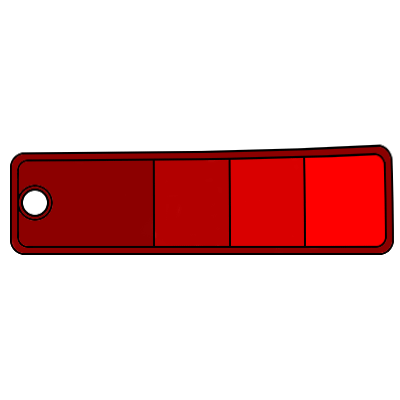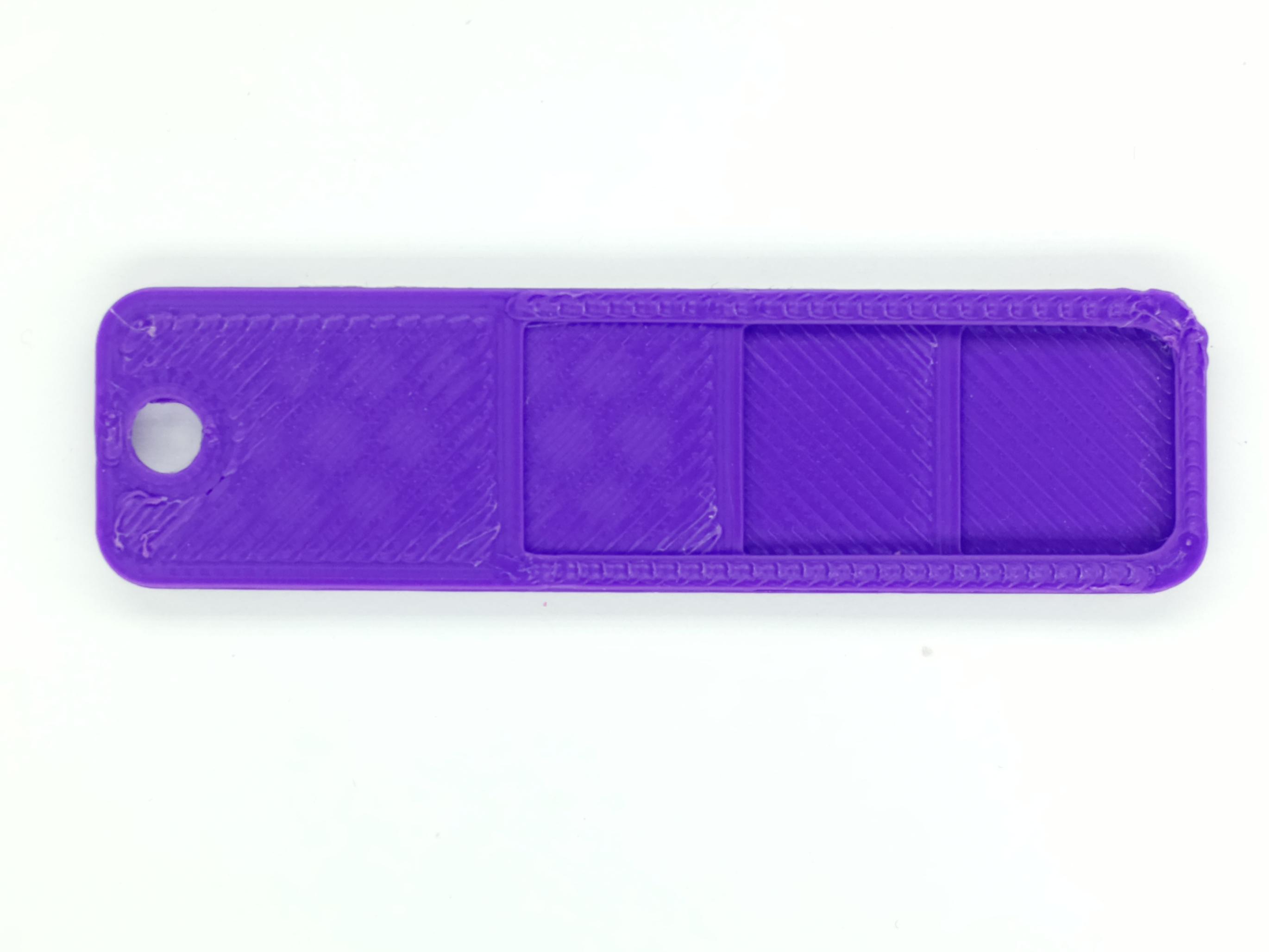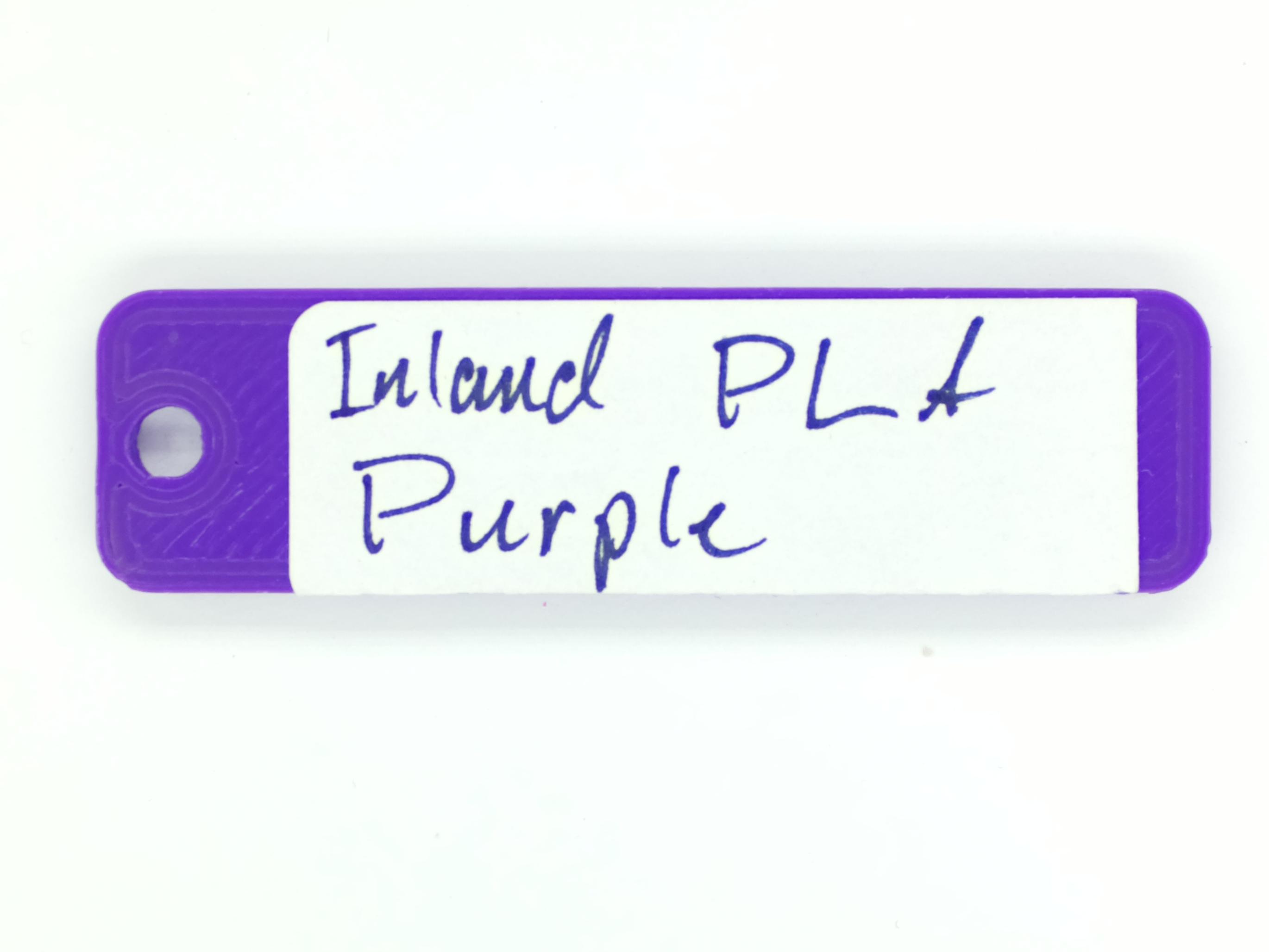Inland - Purple PLA
#6F5794
| General Info | |
|---|---|
| Hot end temp | 205 |
| Bed temp | 60 |
| Filament type | PLA |
| Date added | Feb 24, 2019 |
Notes
Inland's purple is great traditional purple color -- honestly one of the better "purple" colors I've come across, as the range tends to run the gamut between lilac and royal purple.
Matching Colors
Pantone®-alike
The Pantone Matching System is a standardized proprietary color system that is used to identify specific colors for industry use, like paint, printing, or dyes. Each medium has different attributes that can affect the final color, so the options displayed will not have all the attributes they would have with a Pantone color set.
DISCLAIMER: Suggested colors are our closest automatic approximation. Please use your best judgement. Pantone is a trademark of Pantone LLC. Wikipedia
#6F5091
Pantone PMS 7677 C
#7566A0
Pantone PMS 7676 C
#615E9B
Pantone PMS 7669 C
#6D5698
Fashion and Interior Designers 18-3737 TCX
#725899
Industrial Designers PQ-10225C
#725899
Graphic Designers 10225 C
RAL
RAL is a standardized proprietary color system used to identify specific colors for industry use, usually for varnish or powder coating metal. Many of the colors are based on reflectivity or translucency, so the options displayed will not have all the attributes they would have with a RAL color set.
DISCLAIMER: Suggested colors are our closest automatic approximation. Please use your best judgement. Wikipedia
#8773A1
RAL Classic RAL 4011
#6B589A
RAL Effect RAL 570-M
#6F5390
RAL Design System+ H310L40C40
Related Colors
Complementary Color
Complementary colors are pairs of colors which, when combined or mixed, cancel each other out (lose hue) by producing a grayscale color like white or black. When placed next to each other, they create the strongest contrast for those two colors. Complementary colors may also be called "opposite colors." Wikipedia
Analogous Color
Analogous colors are groups of three colors that are next to each other on the color wheel, sharing a common color, with one being the dominant color, which tends to be a primary or secondary color, and a tertiary. Wikipedia
Triadic Color
The triadic color scheme uses three colors equally spaced around the color wheel. Triadic color schemes tend to be quite vibrant, even when using pale or unsaturated versions of hues, offers a higher degree of contrast while at the same time retains the color harmony. Wikipedia
Split-Complementary Color
Split Complementary color is a mix between Complementary color and Analagous color. It forms a modified triangle where one color is dominant and the other two make great accents.
Tetradic (Rectangular) Color
The tetradic (double complementary) colors scheme is the richest of all the schemes because it uses four colors arranged into two complementary color pairs. This scheme is hard to harmonize and requires a color to be dominant or subdue the colors; if all four colors are used in equal amounts, the scheme may look unbalanced.
The rectangle color scheme uses four colors arranged into two complementary pairs and offers plenty of possibilities for variation. Rectangle color schemes work best when one color is dominant. Wikipedia
Tetradic (Square) Color
The square color scheme is similar to the rectangle, but with all four colors spaced evenly around the color circle. Square color schemes work best when all colors are evenly balanced. Wikipedia
Similar Colors
Sometimes the specific color or filament that the site suggests just isn't available... or maybe you'd just like to try something similar! Here's Inland's Purple and the two closest swatches in the library!















